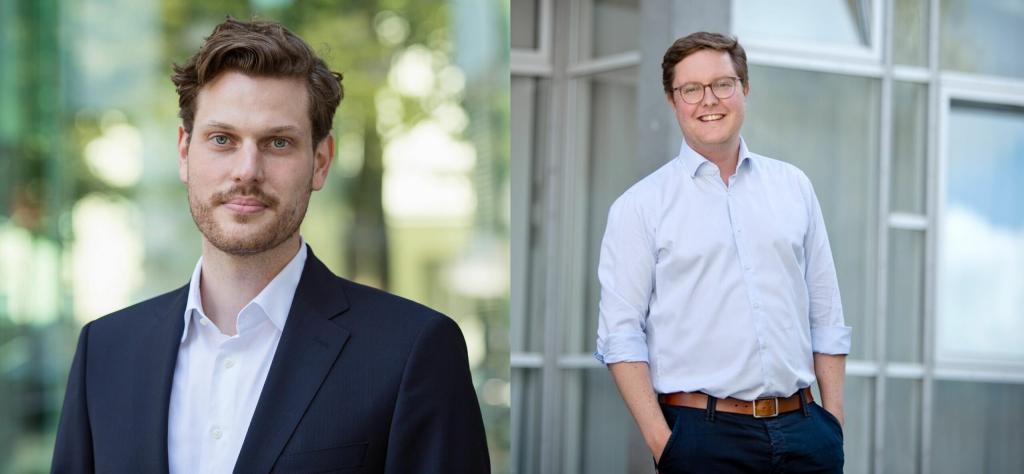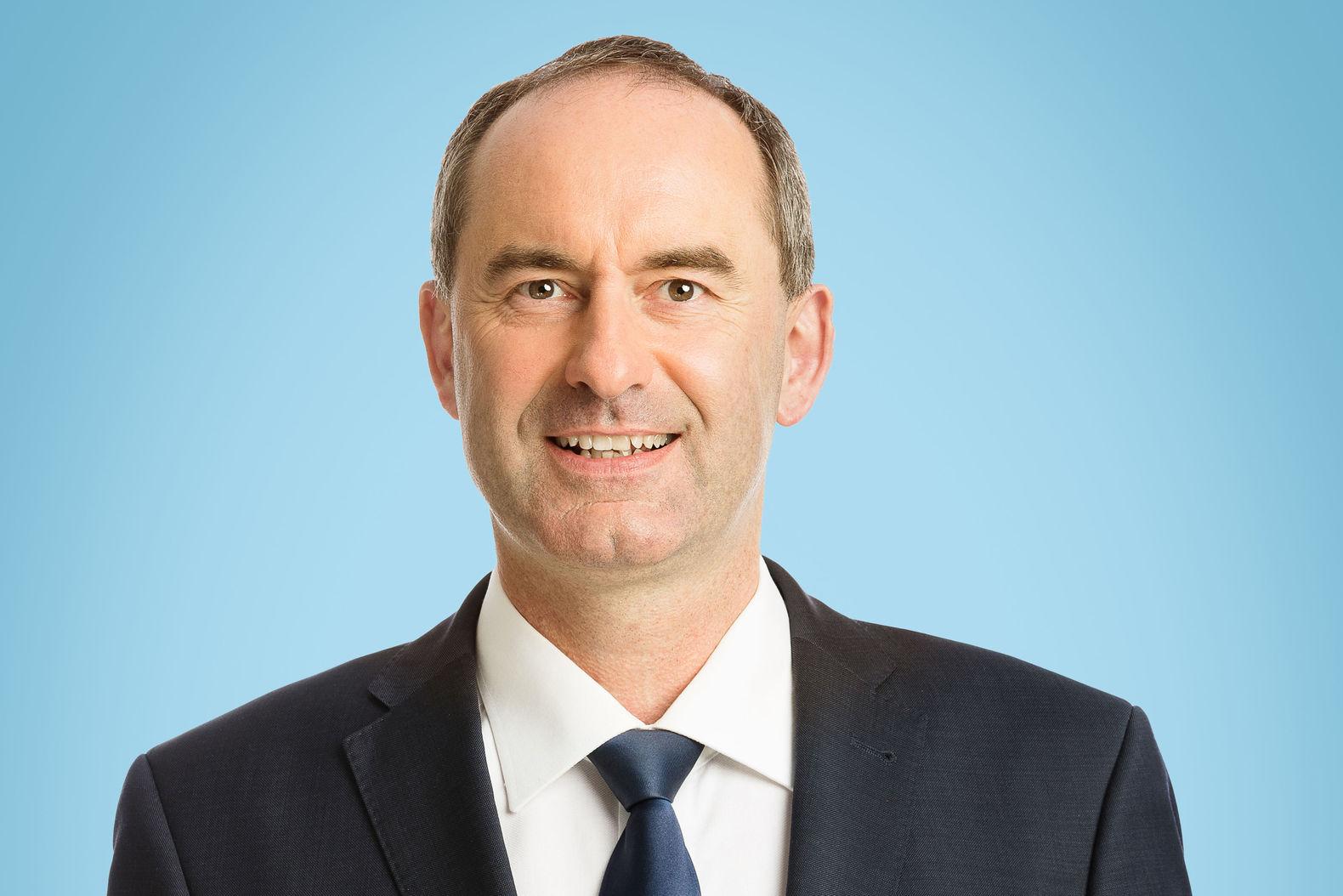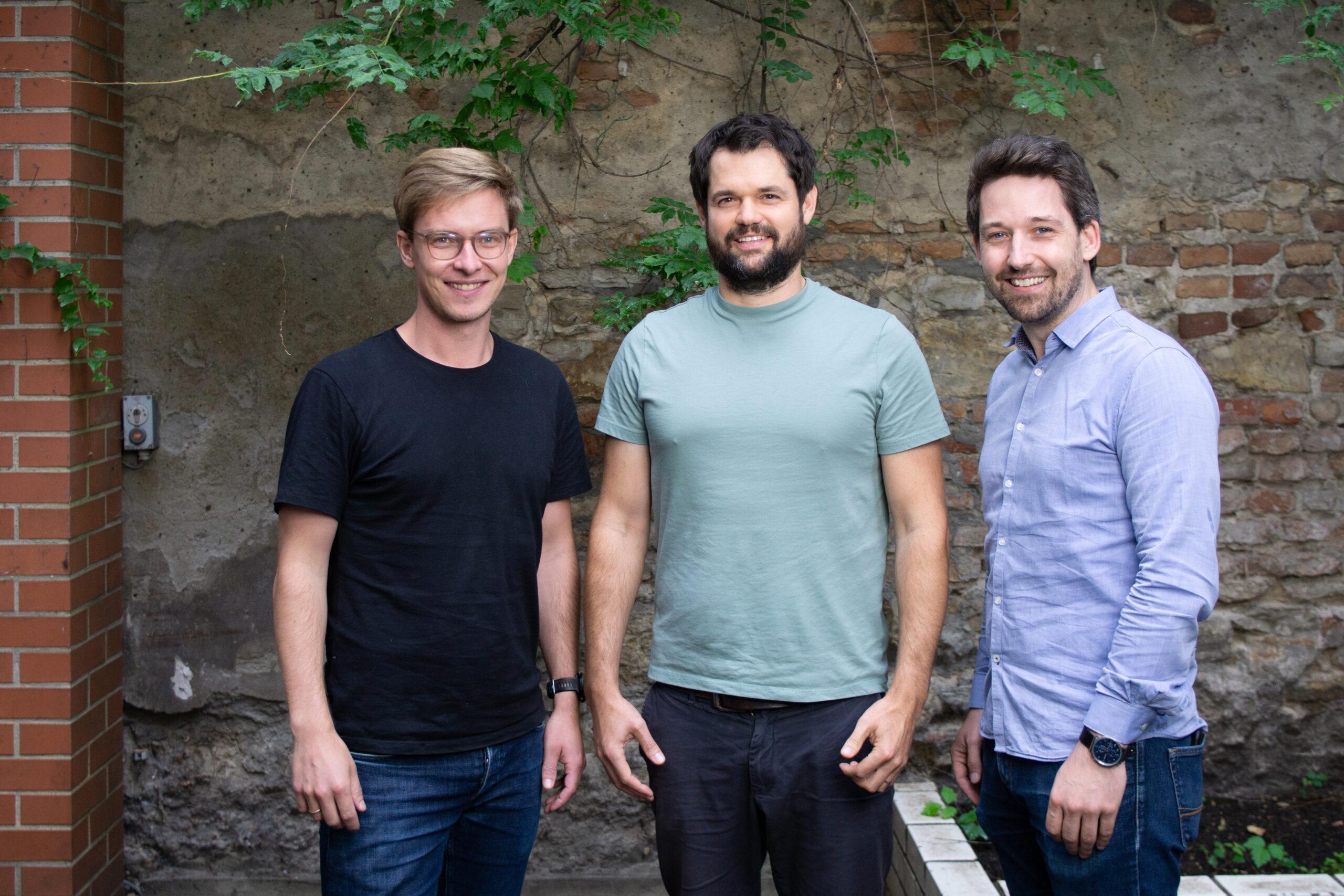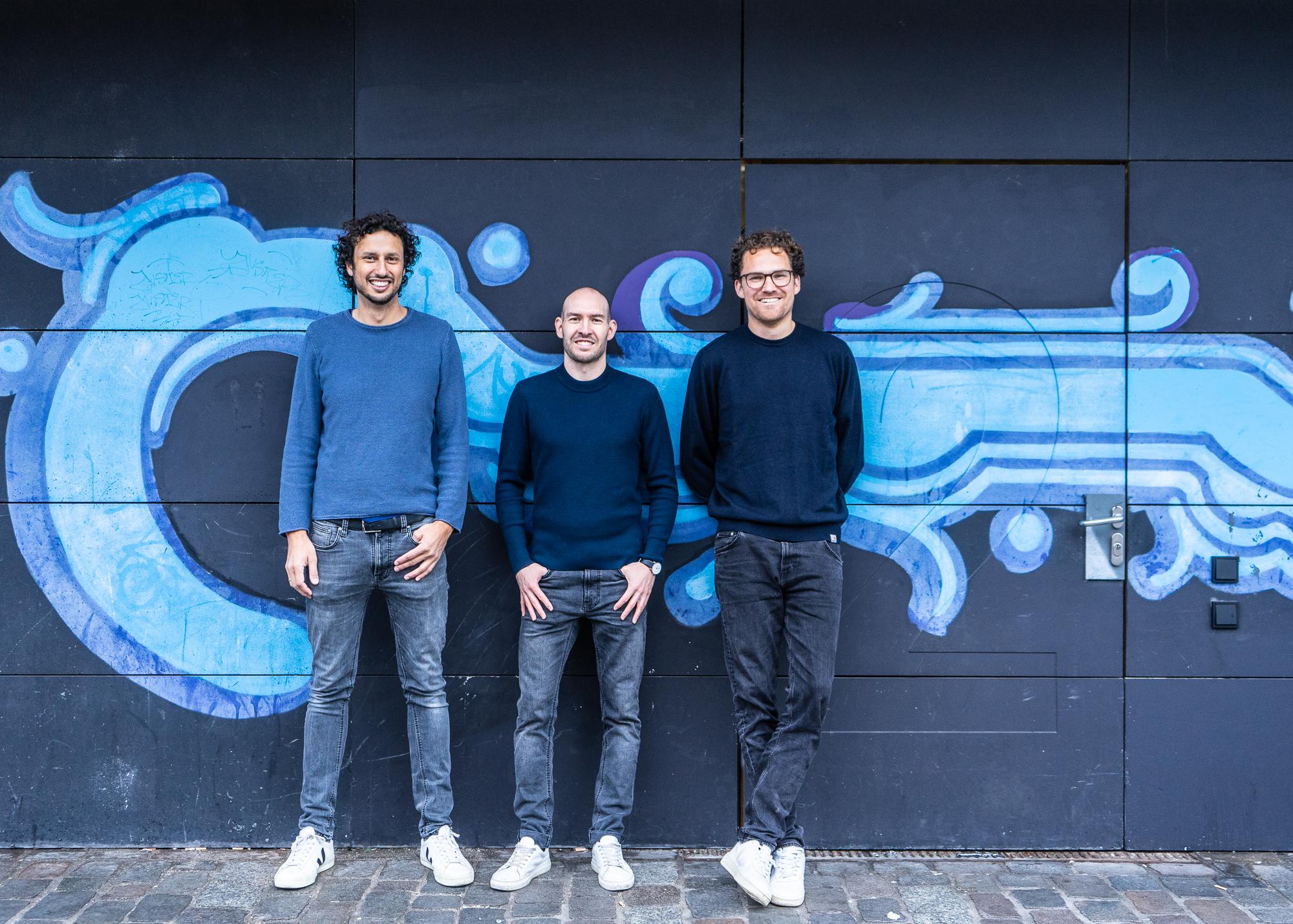"Talk more about your failure".

Founders are increasingly writing long blog posts about their failures. Researchers Christoph Seckler and Erik Schäfer explain in an interview what this means and what the posts should look like.
Fuck-up nights were yesterday. Especially in the U.S., founders like to write long posts on Linkedin and other social networks after they have failed. Some simply want to present themselves in a better light, others share their experiences with the community. According to researchers Christoph Seckler and Erik Schäfer, this can be a great benefit to the startup landscape - if founders follow a few rules.
Mr. Seckler, Mr. Schäfer, you took a look at so-called post-mortem statements, i.e. posts in which founders write about their failure. This is not yet widespread in Germany. How difficult was it to find such contributions?
Erik Schäfer: Fortunately, there was a website at the time that had collected such statements. We then just had to create criteria for which contributions were suitable for us. For example, it was important to us that the statements had been written by the founders themselves. In the end, we evaluated 64 statements and looked at how founders communicate their failure in them.
Christoph Seckler: We had already started the study in 2015, it emerged from a master's thesis. What was striking was that most of these statements came from the USA. Unfortunately, the site is no longer online. There is now a successor site Getautopsy but there is now a successor site that collects statements of this kind.
In the meantime the German-language version of your study has been published. So it took you seven years to write an eight-page document. Why did it take so long?
Schäfer: Unfortunately, this is nothing unusual in the scientific process. For one thing, four of us worked on this study, so coordination alone takes time. And then the review process is very time-consuming. You submit a paper, receive feedback from the publishing medium after a long wait, then you revise it and it starts all over again. All that takes time. But with this study, we have developed a timeless typology of post-mortem statements, so our work and our findings can easily be transferred to the present and made useful.
What did you find when you studied these genres?
Seckler: All these statements follow four categories, we call them: Prescription, Explanation, Description and Affection. So, translated into German, there are suggestive, explanatory, descriptive and emotional contributions. All four have in common that they want to achieve a learning effect for the community. That was the most exciting insight for us. Such post-mortem statements are thus a great tool for passing on learnings. Because there are mistakes that are repeated from startup to startup, for example, that the market demand is too low, or that there was no harmony in the team. If founders talk about this more, it helps everyone. I can therefore only advise the community in Germany: Talk more about your failure.
What type of post-mortem is best suited for reporting your mistakes?
Schäfer: That always depends on the individual case. The most common was the prescriptive variant, i.e. Prescription. In it, founders discuss the challenges they faced with their startups and what they subsequently learned from the failure. In this genre, we think the idea of communicating a learning for all comes across best because the authors give a lot of facts and figures. However, in this type of statement, it often happens that the founders brag and try to present themselves.
How does this genre differ from Explanation?
Seckler: With Prescription, founders try to generalize their experiences. With Explanation, they focus only on their own case. In doing so, the authors also don't act as boastful. They come across as more apologetic and self-pitying. In it, external reasons are often to blame for the failure of their start-up.
What distinguishes the other two genres?
Schäfer: In Affection, the founders are primarily concerned with thanking their team and all the stakeholders once again. However, very few make this kind of statement. Only six percent of all contributions were designed for this purpose. Founders also like to use superlatives here, for example that it was the hardest decision of their lives to abandon a project.
Seckler: In the Description genre, on the other hand, founders tell the story of their start-up chronologically. That's supposed to make their decisions plausible in retrospect. So it's also a justification for failure. Often, the authors themselves also describe their reports as a tool for dealing with their failure.
In Germany, the culture of failure is often still something of a thing.
Seckler: That's true, although some things have already been done in this country through fuck-up nights. But let's be honest: Eight out of ten start-ups fail, so as a founder I can of course keep to myself what the problem was, or I can help others not to make the same mistake. Those with innovative ideas fail more often, so there's nothing wrong with that at first.
In your study, you write that such statements are also used to achieve a reframing of the company's history. That sounds a lot more like justification than a desire to share one's experiences with the community.
Schäfer: Yes, that is certainly possible. After all, even after a failure, companies still live on. As long as we're talking about startups, they're not dead. Social media is a good platform for changing people's view of a company after the fact.
Thank you very much for the interview.
About the people: Christoph Seckler has been Chair of Entrepreneurial Strategy at ESCP Business School in Berlin since 2019. He conducts research on entrepreneurship and specifically on learning from failures and failure management culture. Prior to his academic career, he worked for the auditing and consulting firm EY. Erik Schäfer is a project manager at gfa | public. He helps government agencies nationwide to master organizational changes resulting from technological or legal innovations. In October 2022, he will move to IU International University as a professor of business administration.
FYI: English edition available
Hello my friend, have you been stranded on the German edition of Startbase? At least your browser tells us, that you do not speak German - so maybe you would like to switch to the English edition instead?
FYI: Deutsche Edition verfügbar
Hallo mein Freund, du befindest dich auf der Englischen Edition der Startbase und laut deinem Browser sprichst du eigentlich auch Deutsch. Magst du die Sprache wechseln?

















